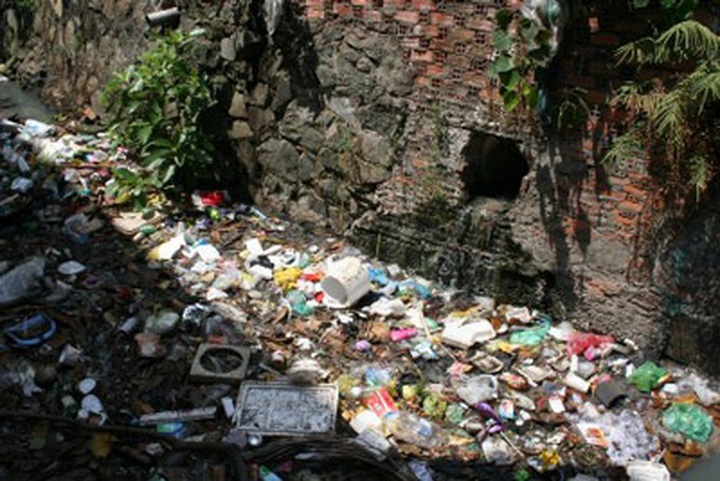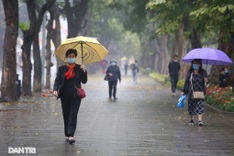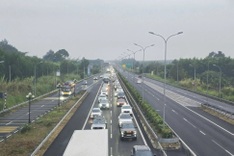
It is done by the HCM City Ltd. One Member Urban Environment and Vietnam Waste Treatment Ltd. Company, both State-run utilities.
The rest is processed to make compost fertiliser by Vietstar, Tam Sinh Nghia, and Thanh Cong companies.
However, the compost plants are not operating efficiently, causing economic loss.
Dr Thai Vannam of the HCM City-based University of Technology, said burying waste was not an environmentally friendly method.
Dr Le Van Khoa of the HCM City Polytechnic University said the problem was that the city lacks technologies to classify waste before treatment.
Since 2004 the city has been running a pilot programme to classify solid wastes before treatment in Districts 1, 3, 5, 6, 7, 8, 9, 10, Binh Thanh, Phu Nhuan, and Cu Chi and at wholesale markets.
But it has not proven effective since only 25 percent of the solid waste is classified before treatment.
The city lacks the funds required to invest in infrastructure for solid-waste classification systems and regulations for such classification.
According to Mushtaq Ahmed Memon of the United Nations Environment Programme's International Environment Technology Centre, in most developed countries domestic and industrial wastes are categorised carefully and treated or recycled depending on whether it is organic or inorganic.
Waste that cannot be recycled is incinerated at 950 – 1,000 degrees Celsius and the resultant ash buried safely.
Dr Nam said to learn these lessons Vietnam, and especially the city, would need to have regulations on solid-waste management.
The city would also need to have proper policies so that it could attract investments from all sources into waste treatment.
Dr Khoa said the city should make environmental education mandatory to improve students' awareness of protecting the environment by treating waste properly.




















